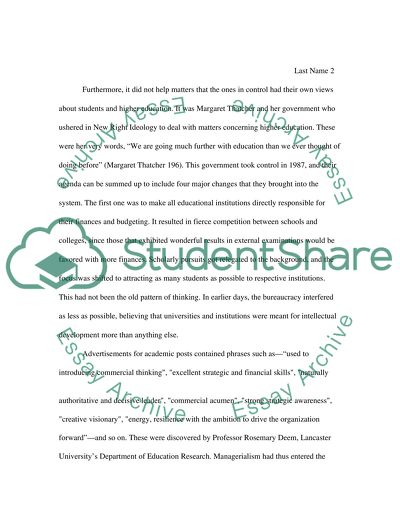Cite this document
(“Widening Participation In Higher Education Policy Essay”, n.d.)
Widening Participation In Higher Education Policy Essay. Retrieved from https://studentshare.org/education/1513177-widening-participation-in-higher-education-policy
Widening Participation In Higher Education Policy Essay. Retrieved from https://studentshare.org/education/1513177-widening-participation-in-higher-education-policy
(Widening Participation In Higher Education Policy Essay)
Widening Participation In Higher Education Policy Essay. https://studentshare.org/education/1513177-widening-participation-in-higher-education-policy.
Widening Participation In Higher Education Policy Essay. https://studentshare.org/education/1513177-widening-participation-in-higher-education-policy.
“Widening Participation In Higher Education Policy Essay”, n.d. https://studentshare.org/education/1513177-widening-participation-in-higher-education-policy.


